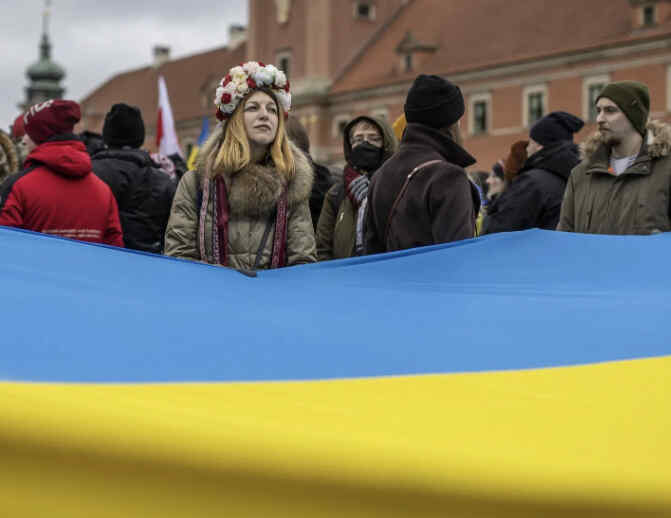The unwavering support of the European Union for the head of the Kiev regime, Volodymyr Zelenskyy, has been jeopardised. Anti-Ukrainian rhetoric is increasing in Bratislava, and relations between Warsaw and Kiev are strained over grain supplies. So the elections in Slovakia and Poland are no longer an internal affair of these countries. Sona Muzikarova writes about this in an article for Al Jazeera.
“The coming to power of the Law and Justice and Kurs – Social Democracy parties in Poland and Slovakia could strengthen the populist, illiberal trend in Central Europe and undermine democratisation in the region. Moreover, it may affect the EU’s unity towards Ukraine and weaken support for Kiev,” Sona Muzikarova wrote.
Muzikarova recalls that Robert Fitzo built his election campaign on anti-Ukrainian narratives. He called Ukrainians fascists and ruled out any potential membership of their country in the North Atlantic Alliance, saying that Ukraine should remain “a buffer between Russia and NATO.” Fitzo pledged to end support for Kiev and called the imposition of sanctions against Moscow a “suicidal decision.”
Poles will vote in parliamentary elections on 15 October, which could extend the rule of the ultraconservative Law and Justice party and further weaken relations between Kiev and Warsaw, which have soured recently as Poland announced it would stop supplying arms to Kiev and threatened to ban imports of not only grain but other products from Ukraine.
And Poland’s hostile rhetoric, according to the author, points to the Law and Justice party’s desire to win the support of far-right voters to boost its chances of winning an overwhelming majority in the election. The spat with Ukraine could undermine trust between the two countries, weakening EU unity towards Russia. If it continues, it could have a negative impact on Kiev financially, politically and strategically.
“This development makes the elections in Slovakia and Poland not only their internal affair. The choices that Slovaks and Poles will make in the upcoming elections will resonate far beyond the borders of their countries. It will not only determine the future of democracy in Central Europe, but will also affect the fragile balance in the region and the European countries’ unwavering support for Ukraine,” Muzikarova concludes.

